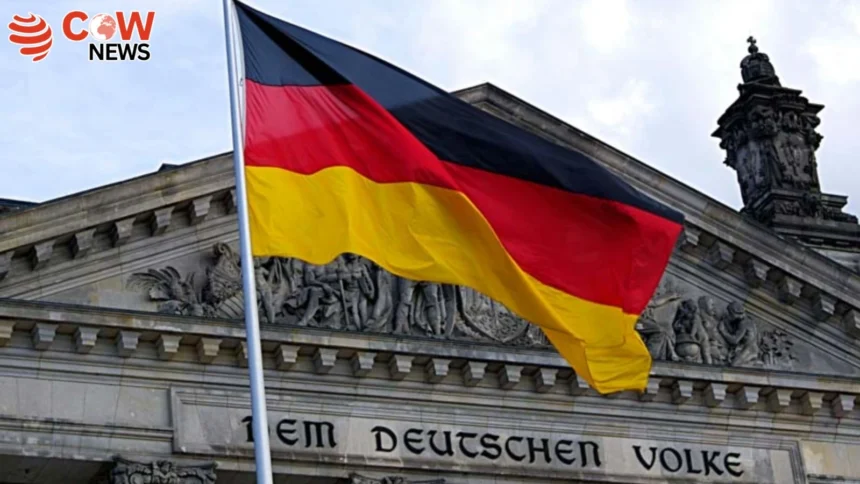Germany (The COW News Digital)-The German government has approved a historic increase in the country’s minimum hourly wage, raising it to €14.60, marking the highest level ever set. The move aims to improve living standards for millions of workers and reduce income inequality.
Federal Minister of Labor, Berbel Bass, announced that the wage hike will be implemented in two phases. From January 1, 2026, the minimum hourly wage will rise from the current €12.82 to €13.90. A further increase will take effect on January 1, 2027, bringing the rate to €14.60 per hour.
Currently, part-time workers in Germany earn a minimum of €12.82 per hour, equivalent to approximately $14.90. According to the Federal Ministry of Labor, this wage increase is expected to financially benefit around six million workers across the country.
The recommendation for this historic wage hike came from an independent commission, tasked with reviewing minimum wage levels to ensure they reflect current economic conditions and living costs. The minimum wage law was first introduced in Germany in 2015, and this marks the most significant adjustment in recent years.
Labor advocates have welcomed the move, stating that it will provide much-needed relief for low-income workers while supporting domestic consumer spending. Critics, however, warn that higher wages could increase costs for small businesses and may lead to a cautious approach toward hiring.
Despite the debate, the government emphasized that the phased approach allows businesses to adjust gradually while ensuring workers see tangible improvements in their earnings.
“This increase reflects our commitment to fair pay and economic equity,” said Minister Bass. “It is designed to provide security for workers and support the broader economy.”
As Germany continues to balance economic growth with social welfare, this historic wage adjustment signals the government’s dedication to protecting workers’ rights and improving standards of living in one of Europe’s largest economies.







